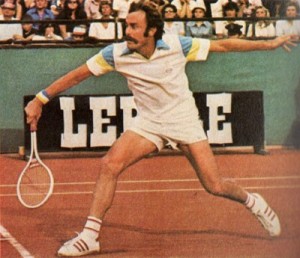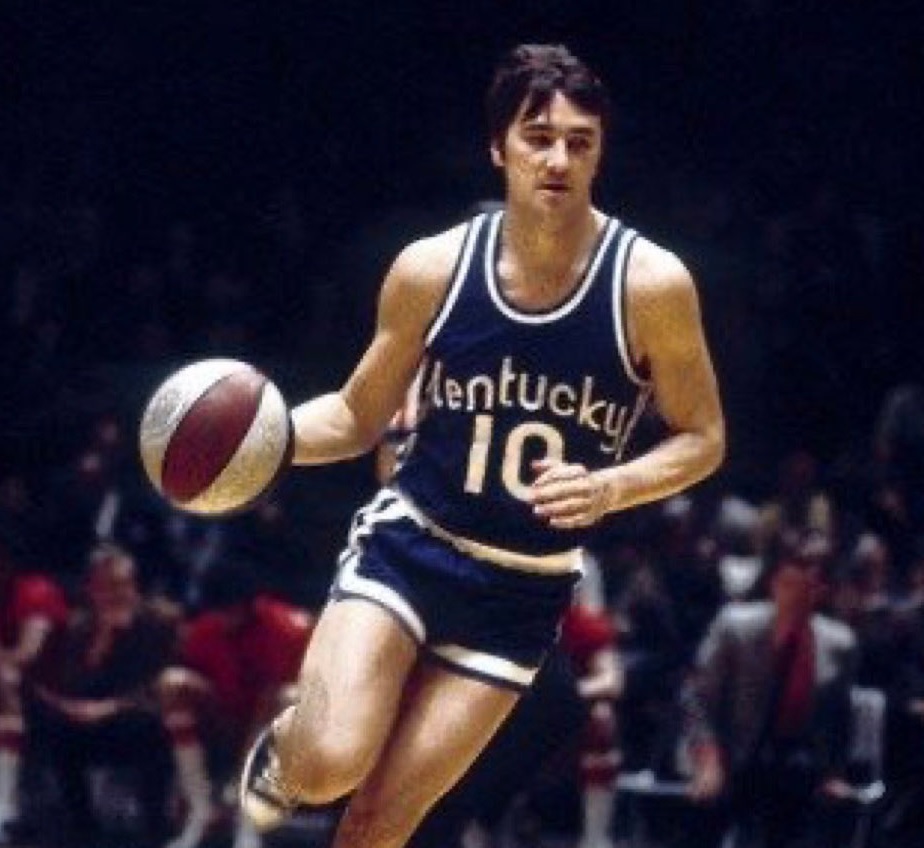Posted on
June 17, 2010 by
Rob York

Like most great tennis players, John Newcombe exuded a confidence that bordered on arrogance.
Following a clay court exhibition match against Bjorn Borg in 1978, John Newcombe was asked his opinion on how he would match up with the Swede on grass. He proceeded to explain why he, no matter the surface, enjoyed playing against the man from Stockholm.
“I don’t feel he’s got anything that can really hurt me,” the Australian great said.
At this point in his career, Borg was already a two-time champion at Roland Garros and had also twice lifted the cup at Wimbledon. He was, essentially, the best player in the world. What’s more, Newcombe’s comments came after a 6-2, 6-4 loss to the Swede.
Newcombe, in his next sentence, said that this didn’t mean that he would be able to beat Borg, who played the counterpuncher’s game better than any tennis player ever has. What he meant was that he was he, as an attacking net rusher, would be setting the tone of the point more frequently than the Swede.
Borg might be able to pass him, might be able to lob over his head, might be able to keep chasing balls till Newcombe missed – the Aussie still could and would play the game plan he liked, even in losing.
Still, had there been internet message boards in those days, the “really hurt me” sentence would almost certainly have shown up online with no context attached to show that John Newcombe was either arrogant, disconnected from reality, or both. Tennis has a long history of players who say exactly what they think at the time, and fans online still have yet to grasp that.
In “The String Theory,” David Foster Wallace posed the thesis that tennis players tend to winnow out much of the vagaries of life. They live in a world of nonstop practice, travel, and competition against hundreds of different players, all of whom can consistently drill minute targets on the opposite side of the court while on the dead run.
If they can only hit that bull’s eye 95 times out of a hundred and the other guy can nail it 96 times, they may leave the tournament with empty pockets; they therefor have little time to explore nuances. Wallace arrived at this theory by listening to Michael Joyce, a journeyman player who would never be ranked higher than No. 64, say that an opponent he met in qualifying had a big serve, but “didn’t belong on a pro court.” Read the rest of this entry →










